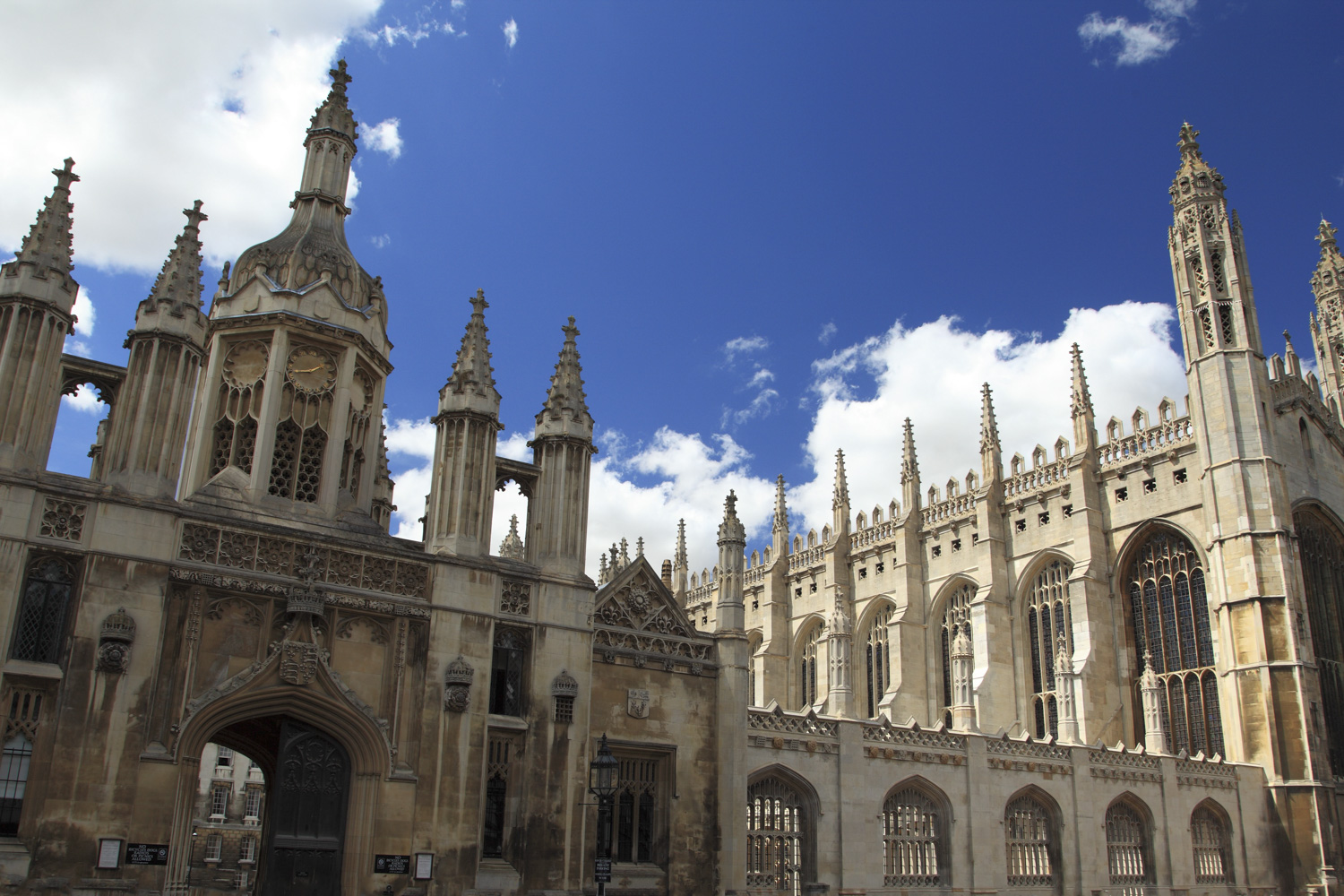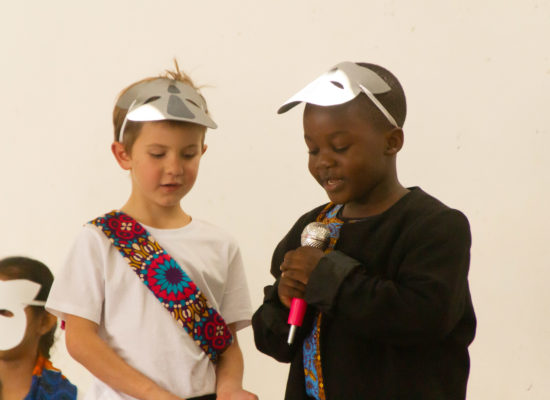
2021 Immerse Education Essay Competition
We recently received the news that two Chengelo students won awards in the January round of the 2021 Immerse Education Essay Competition. The competition offers applicants the opportunity to win full or partial scholarships to participate on the Immerse summer programme at Cambridge or Oxford Universities. For more information visit their website: https://www.immerse.education/essay-competition/
Students Sesame Moetse and Mulambo Mwambu Haimbe were both awarded 10% scholarships for their essays! Our congratulations to both students for their hard work!
You can read their award-winning essays below:
Justice, according to the Merriam-Webster dictionary, is the vigorous administration of what is considered just; fair. The above definition is the standard definition of justice; however, the question being posed is what does justice mean. The answer is justice means to uphold what others think is fair, justice is a dependent ideal. An excellent example to further iterate my point is the application of Jedburgh justice in early Scotland. Clearly those aware of the basic principles of Jedburgh justice compare it to lynch law, the persecution and execution of suspects without a free and fair trial, however residents of Scotland who may have lived under Jedburgh law see it as just, simply because their principles agree with the application of Jedburgh law. Another example would be popular justice, the application of justice according to popular beliefs and popular assumptions of guilt. To say that justice is not based on personal principles and is simply a dependent form of ethics, dependent on the views of a specific society or group of peoples, is inappropriate considering that popular justice and Jedburgh justice are still considered forms of justice. For the sake of this publication a survey was conducted amongst a group of year nine pupils and the vast majority all agreed that justice is the fair and impartial treatment of someone.
However, those statements can be brought to question by recent events in the year two-thousand-twenty. The violent murder of George Floyd, which sparked widespread protest across various states in The United States of America, would be considered justice by the police officers on the scene in accordance with Floyd’s alleged resist of arrest and possession of counterfeit money. Obviously what happened to Mr. Floyd was not justice especially in the eyes of the public but it was considered just action by the officers and the police department who only dismissed the officers after great outrage in the city of Minneapolis. Breonna Taylor, another African-American, was killed in the comfort of her home by police officers. Another tragic example as to why justice is a dependent ideal.
Police simply barged into Miss Taylor’s home and shot her. The police used their powers that were vested in them to withhold justice, to withhold their own form of justice because they saw Breonna Taylor as a suspect.
Even in the legal system justice is completely dependent on the judgement of a judge, the attractiveness of an attorney’s arguments when faced with a trial requiring a jury, the personal biases of a jury and the decisions they will make determining someone else’s future. Does it sound fair and impartial to have a privileged, comfortable jury sit and judge an underprivileged and misunderstood black teenager with a history of thuggery?
In conclusion justice may have a root definition but it is dependent on several factors such as biases and personal views. Justice is simply an ideal that has standards that cannot be upheld stringently as a result of differing opinions and mind-sets.
References:
Black’s law dictionary.
Dictionary.cambridge.org
Independent.co.uk
Merriam-webster.com
I have heard many explanations of what justice means by many different people. For me as a 15 year old girl truly justice is the search for peace by making sure that everyone’s individual rights matter and everyone is treated fairly. The world will be a better place to grow in when the color of your skin, your sexuality or where you come from are not the reason why you are treated differently. It is not justice to judge people on the basis of things over which they have no control such as place of birth, skin color, sexuality or even religious beliefs.
Nevertheless, all over the world today many people are denied equality and justice for such reasons. One case is that Elijah McClain in the United States. He was a 23-year-old black male walking home from a convenience store when someone called the police, claiming that Elijah “looked sketchy’’. When they arrived the police placed him under arrest. Elijah tried to assert his rights by resisting arrest, but the police forced him to the ground and restrained him with a chokehold (which is banned). Later when they realized that Elijah had stopped breathing, they called the Paramedics to the scene who rushed him to hospital. He died four days later.
Cases like that of Elijah McClain is an example of the kind of injustice that should be stopped all over the world. He was accused, judged and condemned on the basis of his skin colour. It could as easily have been on the basis of his gender, place of origin or religious beliefs. Placing somebody under arrest and restraining him with a chokehold that results in his death just for appearing “sketchy,” is in my view justice betrayed by the officers who should protect it. The fact that the police officers don’t go on to face any charges is not justice either.
There are some general ideas about justice that I learn from the case. Firstly, every human being has a right to a fair trial. He got none. Secondly, no person should walk home fearful of being arrested just because someone does not like the way he or she looks. Thirdly, everybody is equal before the law and must be treated the same way. Lastly, human beings feel a sense of pride, peaceful closure
and secure when justice is served. The satisfaction we get is not from the pleasure of seeing the culprit suffer, but the assurance that we live in a society in which human life, peace and harmony are sacred, as Rachel Dawes says, “Justice is about harmony, revenge is about making yourself feel better”.
To me justice means creating a world where people live in peace with each other, knowing that wrong will be punished or corrected and that you don’t have to be rich or in a position of power to be treated fairly. Justice makes our world a better a place for children to grow in.



